How Web Scraping is Used to Fetch Hotel and Homestay Data?
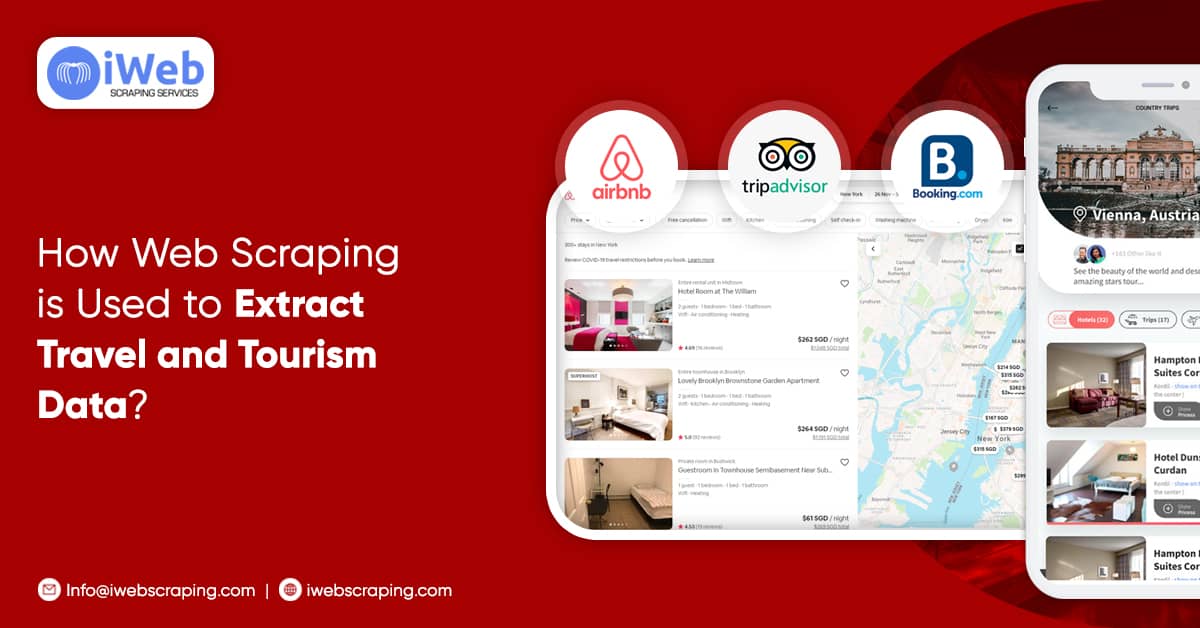
In many nations, the travel and tourism sector has always played a significant role in the service economy. It actively aids in the expansion of the economy. Additionally, it contributes to improved international relations and the localization of jobs. While the tourist sector first concentrated on helping with trip planning and accommodation reservations, technology has enhanced the bond between service providers and customers. It is crucial for this sector to continuously adapt because it is a dynamic one that depends on the whims of its consumers.
There is less need for travel agents as a result of features like the ability to purchase tickets online, read evaluations of businesses online, and many more that have made travelers more informed and inclined to deal directly with service providers. Websites that let users compare hotel rates, like Trivago, are growing in popularity. online booking platforms (OTAs), like booking.com are being utilized to make hotel reservations. For the age range of 18 to 34. Thus, relying on data to analyze previous data, track client preferences, and stay up with current developments is critical. Web scraping is one of the most widely used techniques for data collection.
The industry has changed from having a non-technical foundation to one that is technological and heavily dependent on data. The sorts of services offered by the tourist business must alter if it is to stay relevant. Data scraping will be very helpful to you no matter what position you have in the sector, whether it be that of a travel agency, a homestay, an airline, or a review site.
Use Web Scraping in the Travel and Tourism Industry
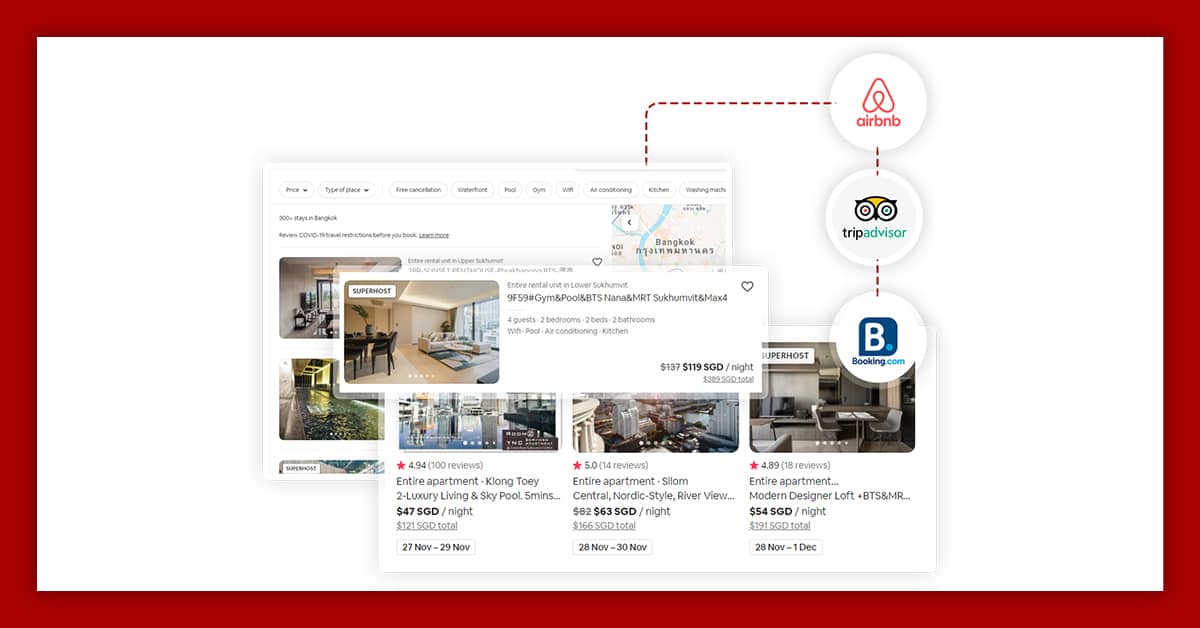
People's requirements changed as a result of the emergence of the internet. Tourists could readily contact the service provider, but doing so required extra work. They had to talk to each service provider individually to attempt and come up with a suitable plan that met all of the criteria—such as pricing, location, etc.—and then arrange their vacation. Travel agents essentially had to gather unique data from each service provider and then tailor a package for a user according to the requirements. Although that seems like a nice idea, it fails when considering lodging and transportation choices.
Manually doing the job and keeping a database will eventually become too laborious. As a result, data scraping is widely employed in the travel sector. Agencies can now easily get the information they want from service provider websites, giving them quick access to information on market rates and offerings. As the number of agencies grew gradually, each one offered its own special, travel and tour packages, and deals, which fueled the market's competition. As a result, the need to monitor their rivals and forecast market trends grew, and data became essential to the sector.
Effective web data scraping reduces expenses and time while providing accurate and pertinent data. Any agency may use data analysis to comprehend their rivals, monitor the offers they are providing, identify market preferences, and then change their commercial strategies. Anyone hoping to succeed in this industry will need this data to be available and the capacity to act on it.
Data Extraction of Particular Travel and Tourism Websites
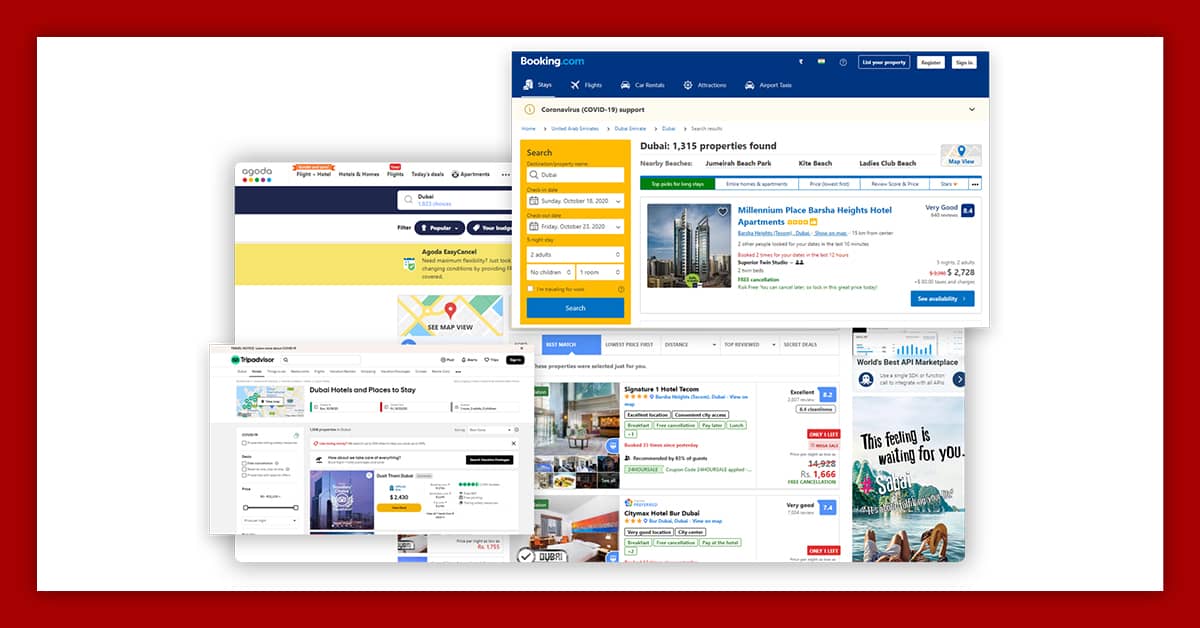
Web scraping involves processing the target websites and removing any code-related parts to reveal the text data. By removing the irrelevant details and documenting the pertinent data points—such as price, location, time, and more—in a tabular style, the data is further made clearer and easier to import into the database. The scraper is also routinely updated so that any changes at the target site can be readily handled along with the datasets. Using a comparable format and the scraper, data is also retrieved from the websites of the agency's rivals. used to evaluate the performance of rivals, including their package costs, deals, and discounts.
By doing this, the agency is better able to analyze its performance and maintain parity with market rates and trends.
The market preferences, such as which cities were chosen more in certain seasons, were determined by a more in-depth study of the same data. The most popular hotels in a certain city, the price range, and more. Agencies can therefore comprehend the tourism market. Observe its wants and estimate the highest price they can demand from the consumer. As a result, they may easily design transactions that have the highest margins while simultaneously turning a profit.
Extracting Important Travel Data Feeds
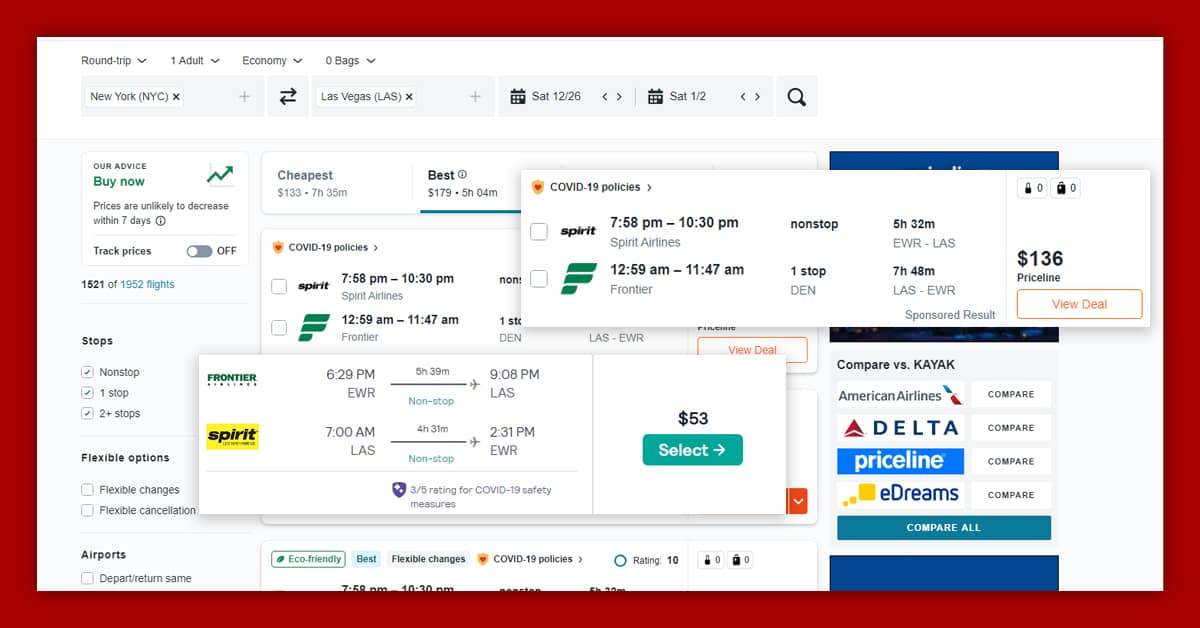
If you know where to search, collecting data that can be scraped is not difficult. On their social media profiles, visitors generate and publish ample information on their trips. On vacation, around 70% of people update their status. Travelers who have visited a city typically provide evaluations for the hotels, activities nearby, and restaurants there. Along with them, a ton of additional data is provided through internet purchases, GPS locations, and other similar sources. This facilitates the creation of a data warehouse that contains:
Hotel Data Listing
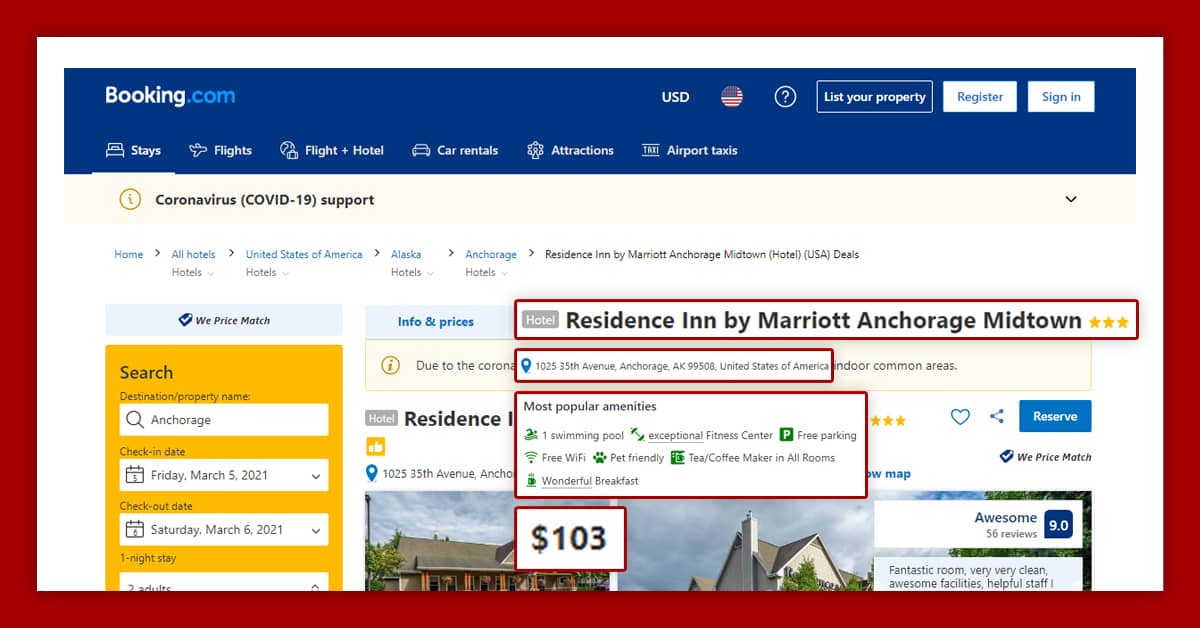
Agencies can collect information on things like lodging rates, seasonal room availability, and other promotional elements. For instance, organizations can collect information on hotel rates in the winter and summer. During these two seasons, there is foot traffic at a hill station. This will enable them to evaluate the special offers and discounts they may make in order to convince customers to choose them over their rivals, hence securing profits.
Location Data
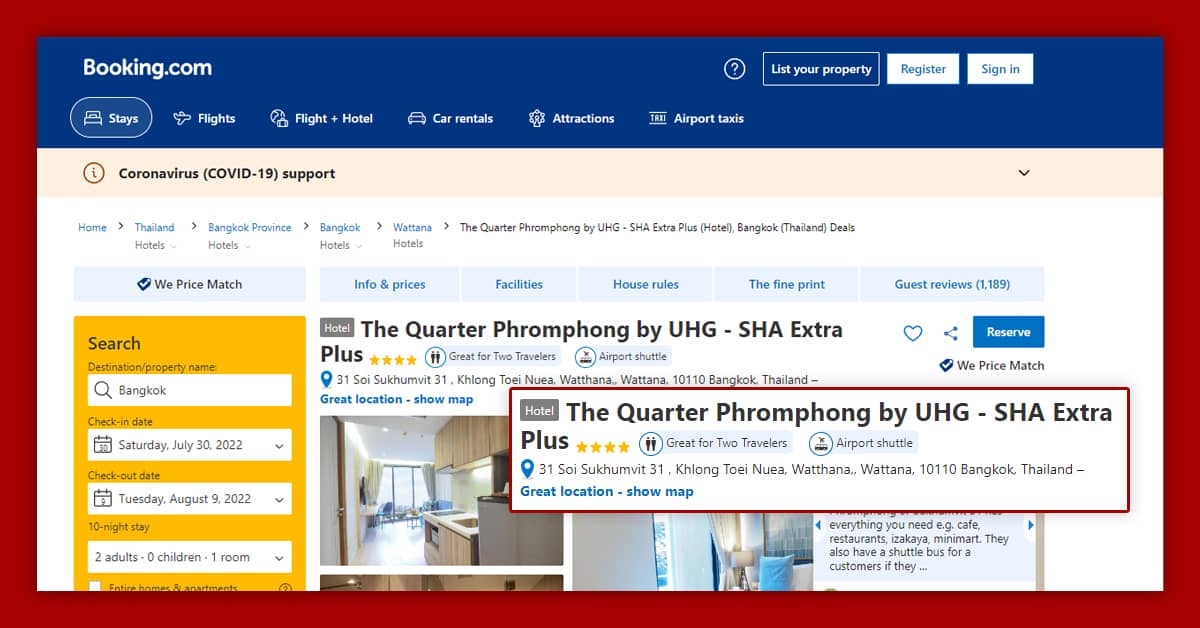
This relates to information about rentals and new or planned hotels in a locality.
Review Data
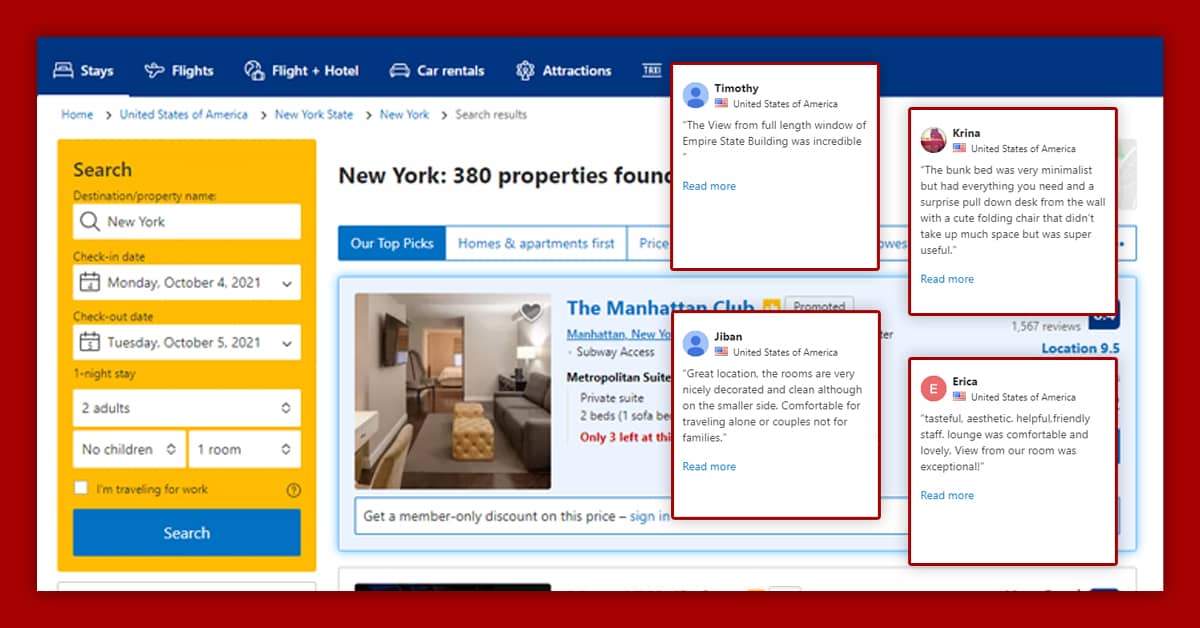
This includes reviews and comments left by visitors. Websites like TripAdvisor, Expedia, and Yelp rely on customer reviews. This benefits fresh visitors as well. Who is travelling to the same location and can now rely on their forerunners to show them the way? In a new city, 43% of visitors rely on online reviews.
Travel Data
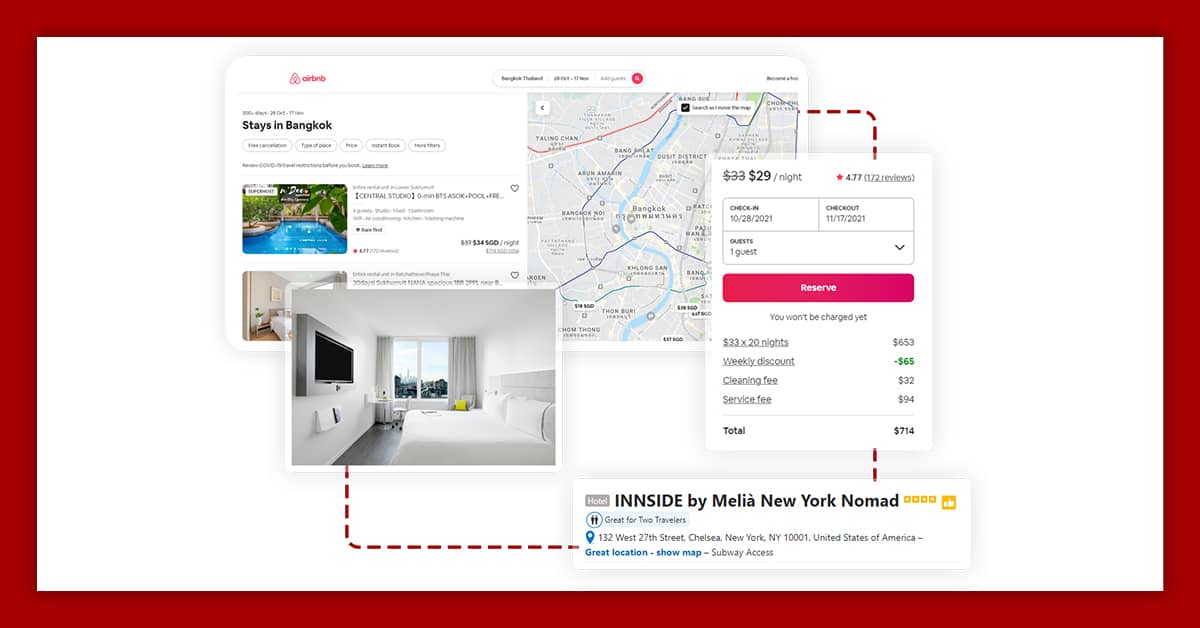
This criterion includes the costs of airline and railroad tickets, the shortest routes, and timestamps. Not just OTAs but also airlines and marketing professionals may benefit from this information. A vacation demands thorough preparation and financial management. with these facts available. A tourist's travel package may simply be customized by agencies to meet his needs and budget. The data can be tracked by airlines. Additionally, when it receives the most visitors at any location, it offers vacation packages.
Final Thoughts
A 2017 analysis predicted that the fusion of tourism and the digital world will boost revenue for the travel sector. The data-driven strategy for offering tourist-consumer customized services has produced a total value of $265 billion. Throughout the entire industry. This includes higher industrial value as a result of migration, cost savings, and enhanced societal value in the form of more jobs. If time and money are saved, there is also greater consumer value.
Data is always necessary for remaining stable in the competitive market. Hence, get in touch with iWeb Scraping for Travel data scraping services and request a quote!!
